Keeping your business as high as possible in Google’s search engine results has become increasingly necessary for a wide range of companies. As new changes rolled out in January 2020, adapting your healthcare software company’s SEO strategy can help you keep those top search engine results. What do you need to know about healthcare SEO in 2020?
1. Search patterns have changed
More than half of today’s searches are “zero-click” searches. Searchers type in their query, check out the results page, and then never actually click through those results to see anything else. These searchers are usually looking for quick and easy answers. It might be contact information. It might be the answer to a simple question. As a marketing professional for a software company centered in the healthcare industry, here’s what that means for you:
Your contact information needs to be readily available in your search results
Make sure to check out your Google My Business listing and make sure that it has current, accurate contact information. That may include your email address, the phone number for your company, or the top people who need to be contacted if searchers have questions about the software. You may want to make your tech support or customer service line highly visible so that users can find it with a quick search.
Searchers want to see positive reviews
Encourage your satisfied clients to leave reviews about your software and other aspects of your company. Medical professionals looking to buy new software may not actually make it to your website if they find that you have few to no reviews or that your reviews are overwhelmingly negative.
You want to appear in Rich and Featured snippets, if possible
When searchers look for information about your software, you want to be an expert about it. Ideally, when they come in with questions, they should see answers from your website, not your competitors’. Create snippets that will answer top questions, including both questions about the type of software you offer and frequently asked questions about your software. This simple strategy can help get you the search engine ranking you need.

2. The latest updates are more focused than ever on matching searcher intent
Google’s latest program, known as BERT, is designed to specifically match not only searcher keywords but the searcher’s intent when searching for those keywords. Now, more than ever, search queries are taken apart and matched based on the user’s goals. BERT may evaluate the way a query is issued, the user’s past queries and desired search results, and the specific language used in a query to help find content that is most likely to match the user’s needs. As a healthcare software company, that means you need to:
Focus on creating solid content that will benefit searchers
If you want search engine results, you need to create content that will genuinely benefit searchers. That means not only focusing on keywords but identifying the problems that your clients have–and how your business can help solve them. What questions are healthcare providers searching for that your software can help answer? You don’t want to create vague or misleading content. Chances are, not only will it not benefit your users, it will leave you languishing low in those search engine results. By creating valuable, solid content, however, you can rise through the search engine rankings and keep your information in front of the parties who most need to see it.
You need to remain familiar with the trending keywords in your industry
What is it that healthcare professionals are really looking for when it comes to healthcare software? What features are they searching for and what questions do they have? As a marketer in the healthcare software industry, you must remain familiar with its trends: the keywords that are most popular, the information that’s likely to have the greatest impact, and the things that searchers are really looking for.
You need to update your content and your strategies regularly
Regular content production and updates have always been critical to maintaining SEO. Now, more than ever, it’s critical to create new content and adapt your strategies as needed. Consider how current healthcare trends might have an impact on the content your clients most need to see. Pay attention to shifts in keyword frequency. By adapting your strategies and your content accordingly, you can not only gain high search ranking but also keep it.
3. Healthcare Brand awareness is becoming increasingly critical to SEO success
Link building has long been an important way for Google to determine a page’s authority. Now, however, that’s going to the next level: Google is paying attention to linkless brand mentions. It’s not just about the pages that are actively linking back to yours anymore. It’s now equally important to be part of the overall conversation: to have your brand stand out from the crowd enough that it’s referenced even when the writer doesn’t link directly back to you. There are several ways you can help become part of the conversation.
Continue to guest post
When you guest post for other healthcare pages and authorities, you can raise awareness of your brand and mentions of your business or your product, even when there’s not a direct link back to your website. Building that brand authority will help gain you additional mentions and raise awareness of your product.
Monitor the conversation
Remain aware of the conversation taking place, both about your industry as a whole and about your brand specifically. Social media listening, for example, can help keep you aware of the conversation. Monitor mentions of your brand. Stay part of the conversation. Keeping your brand at the forefront of the industry can be a full-time job, but it can also mean the difference becoming a premier software provider recognized across the healthcare industry and a brand that fades into obscurity.
Are you struggling to raise your healthcare company’s SEO for 2020? Contact us today to learn more about how we can help you build your brand, increase awareness, and raise your search ranking.


